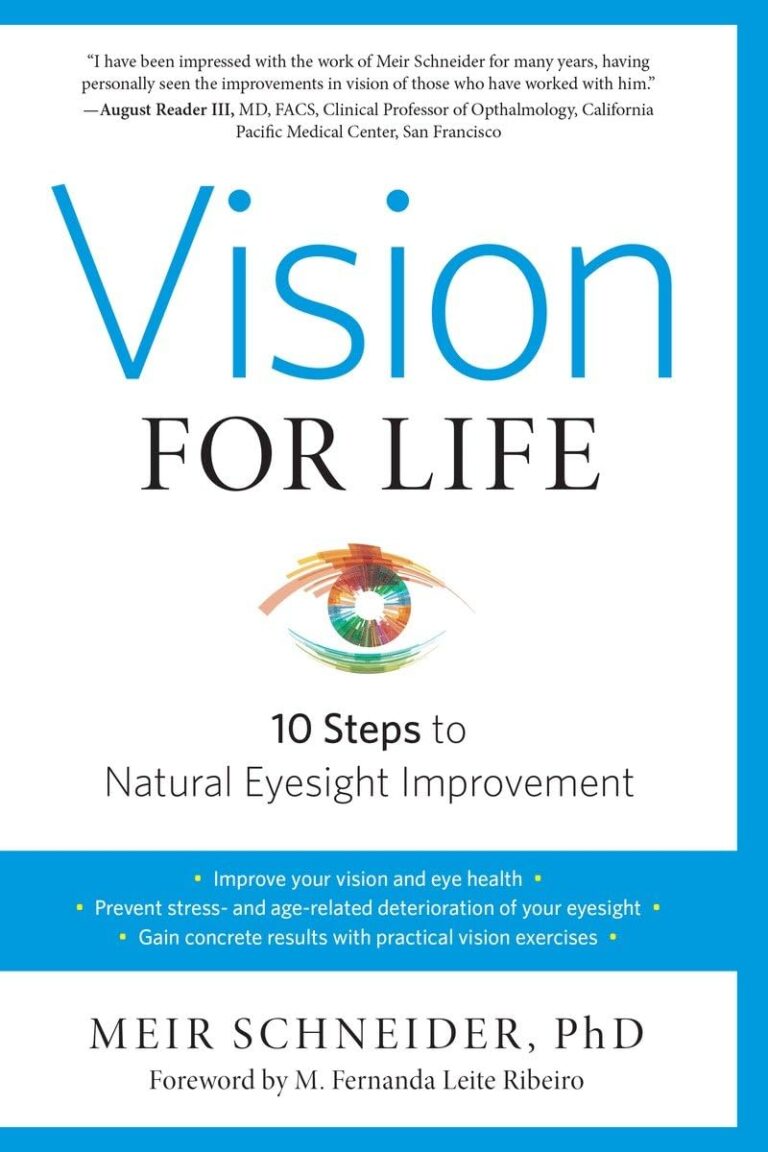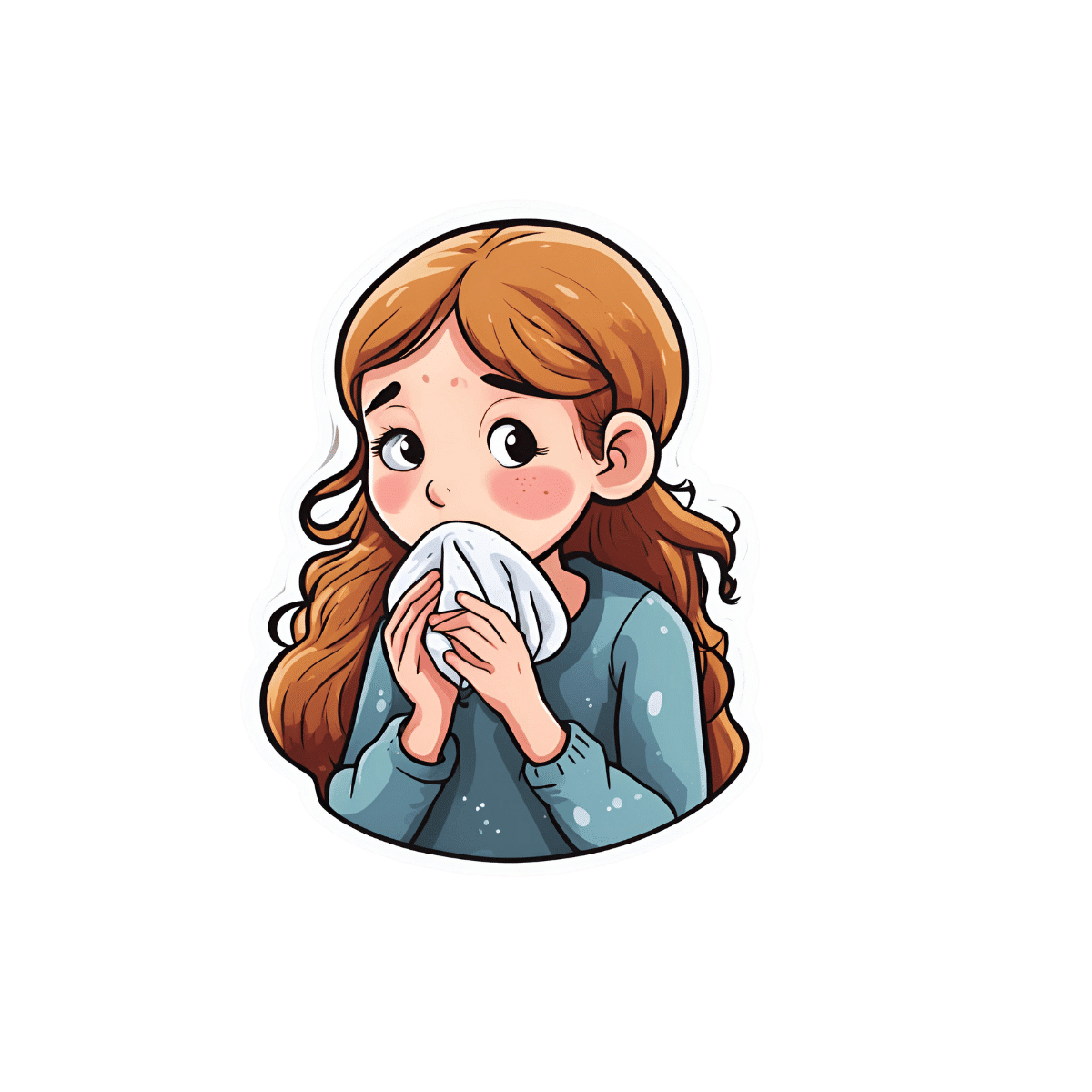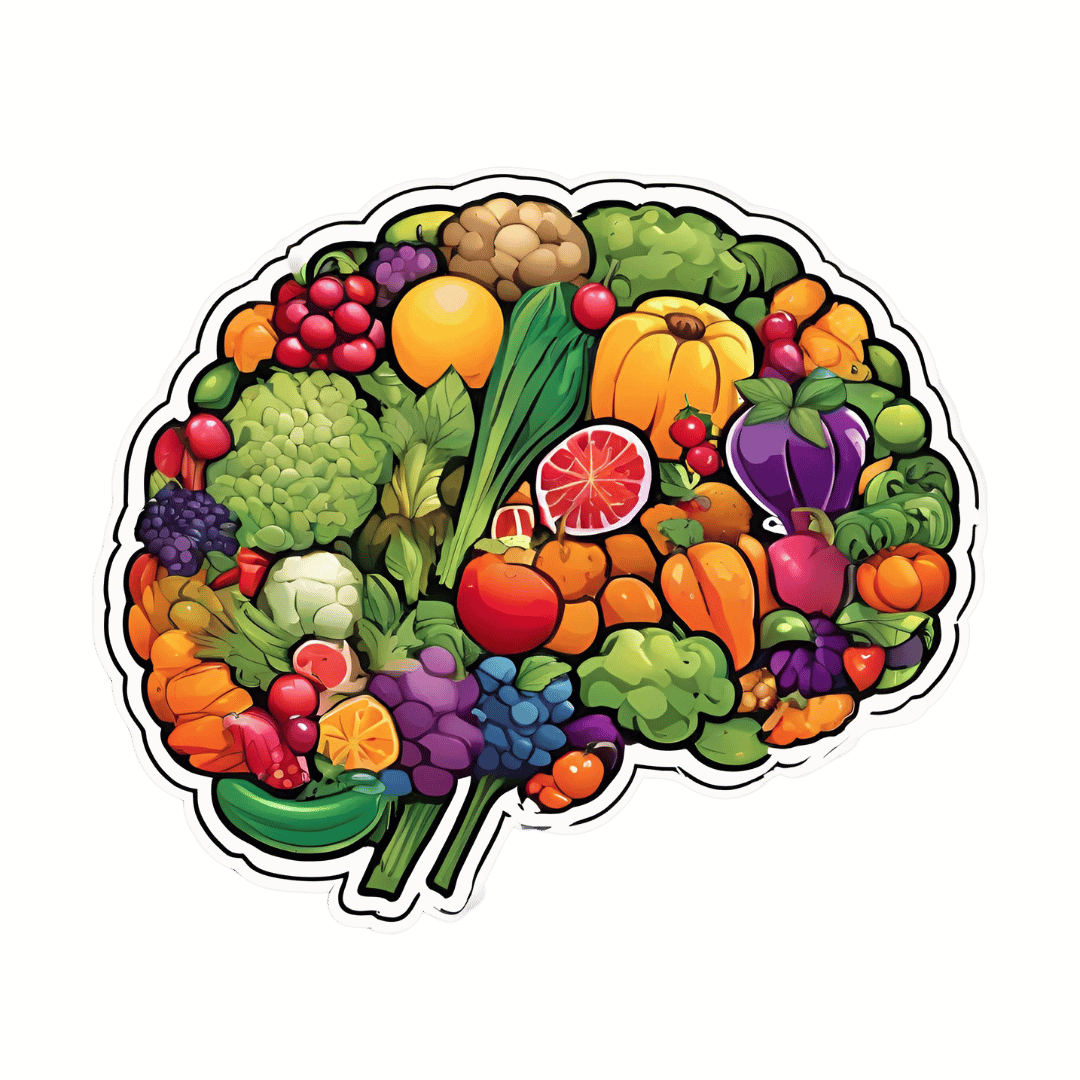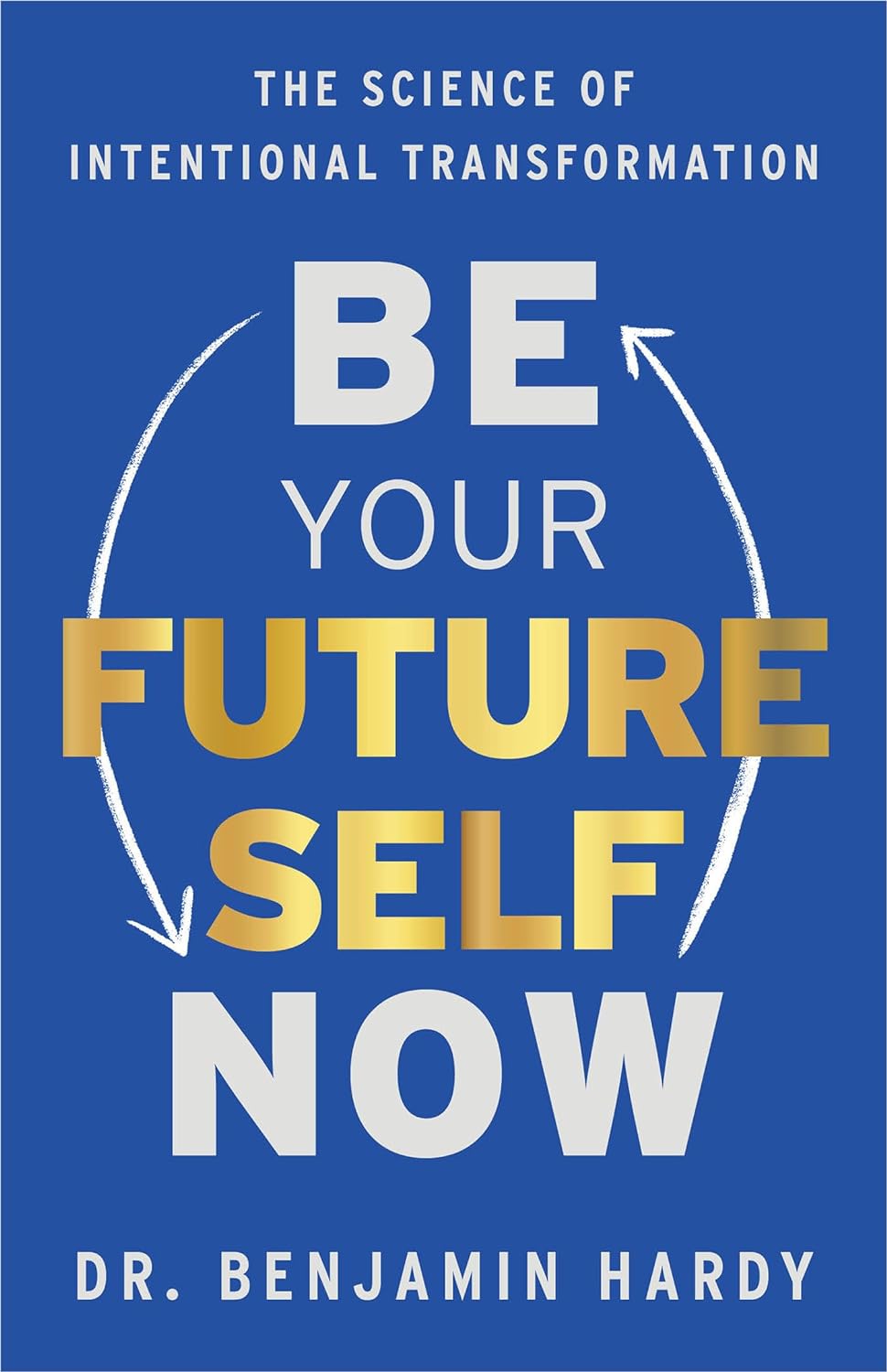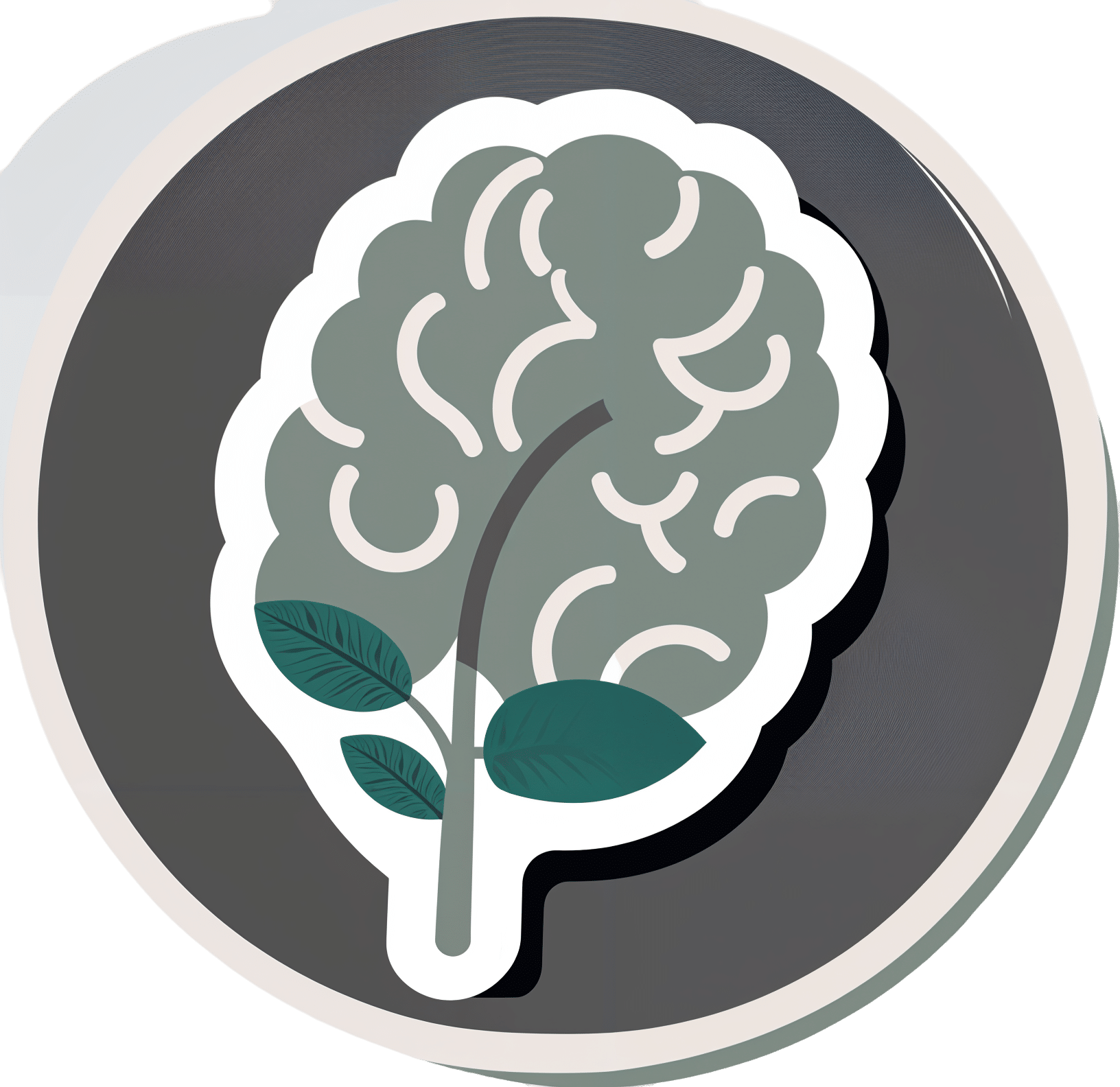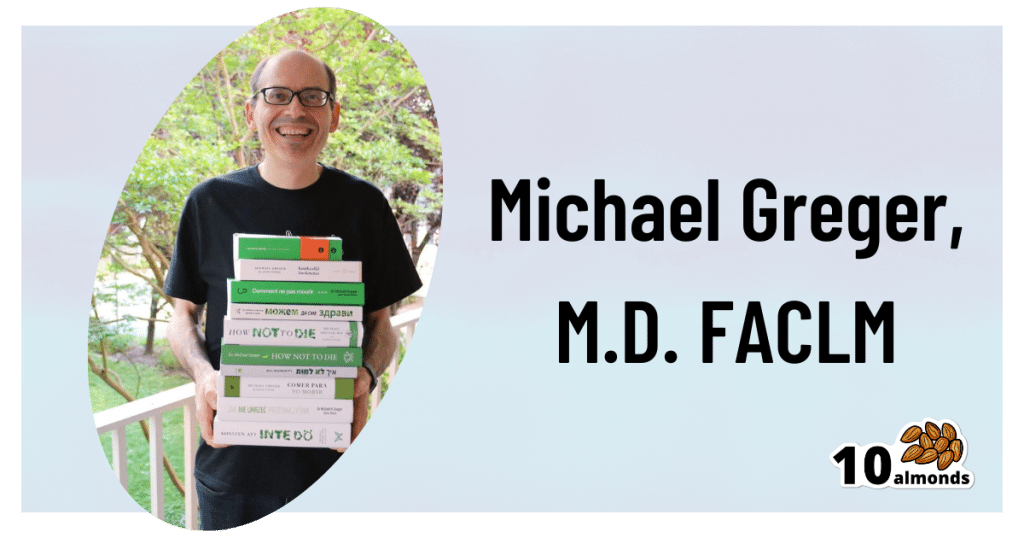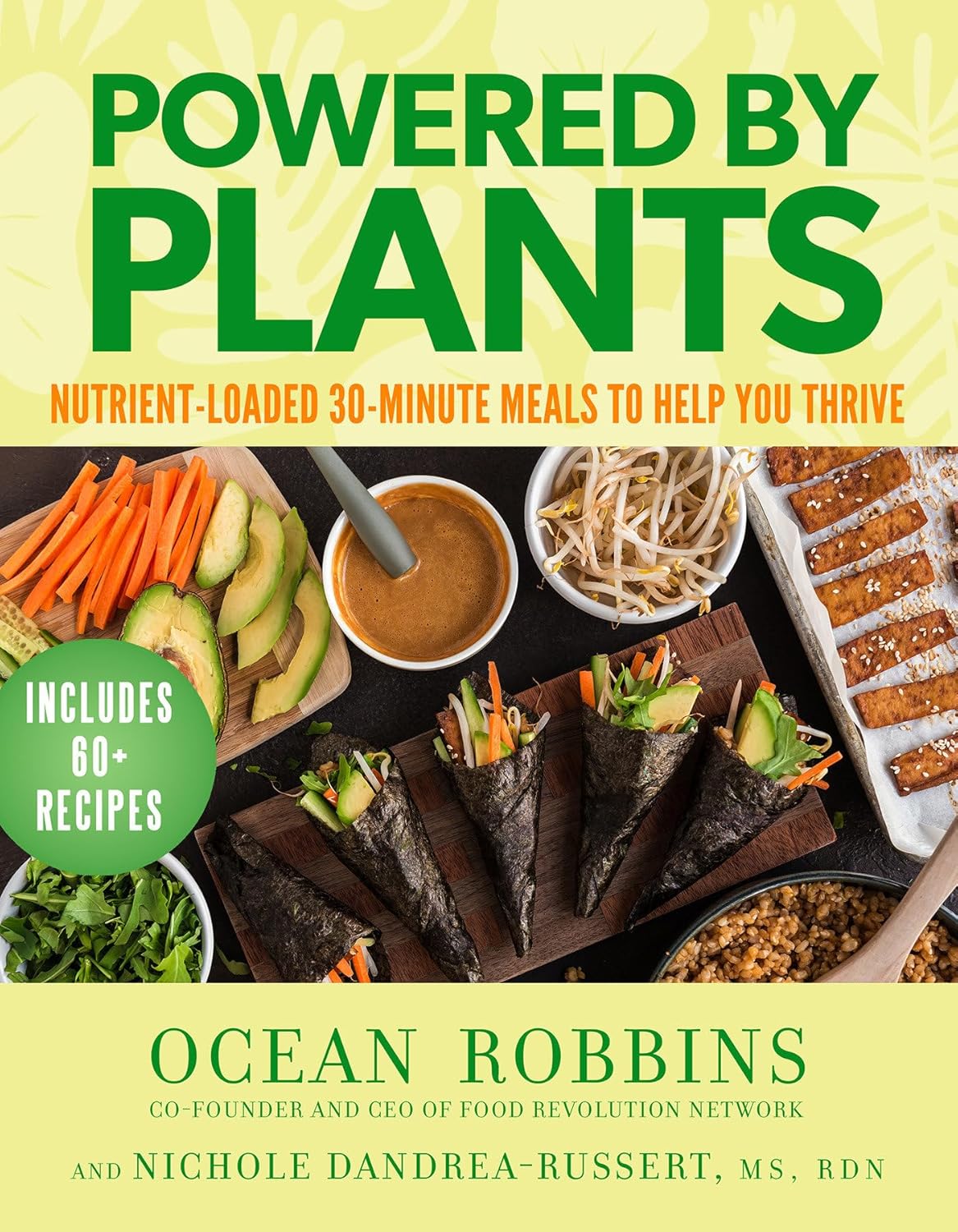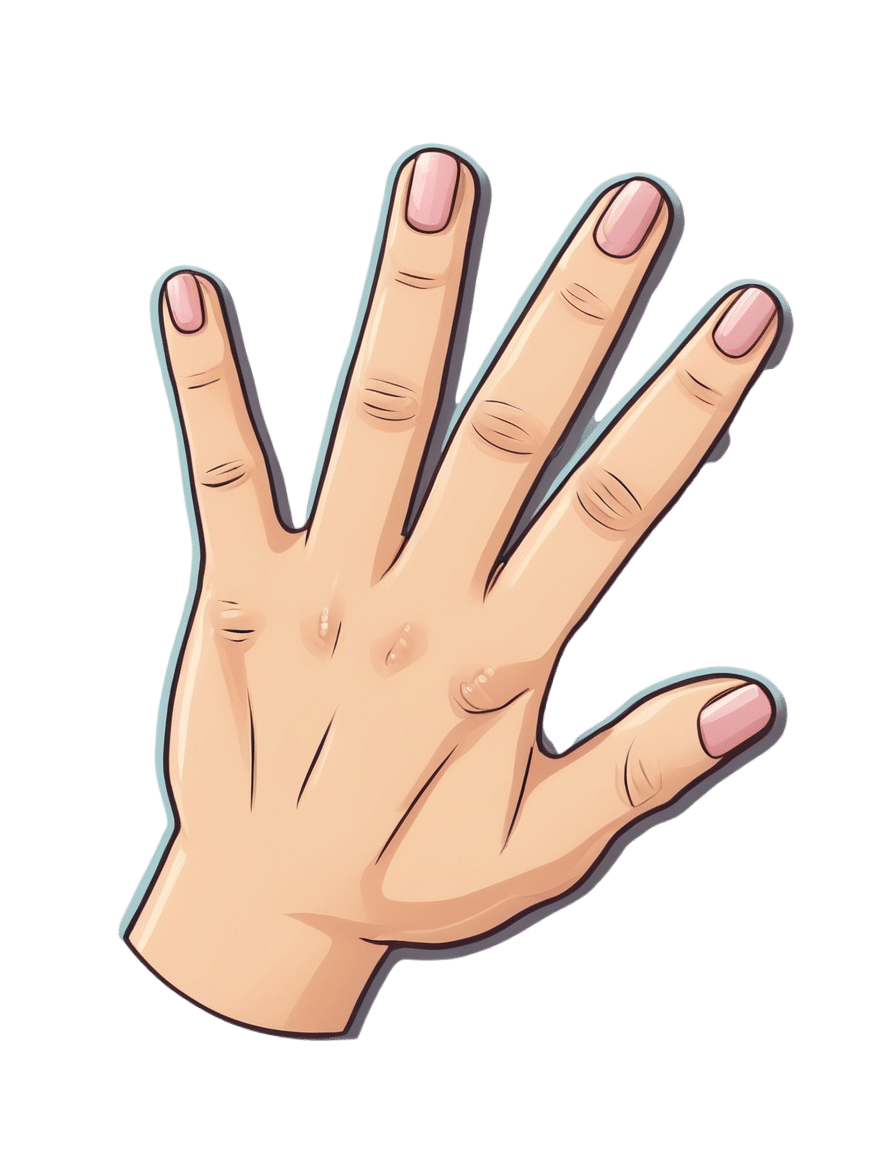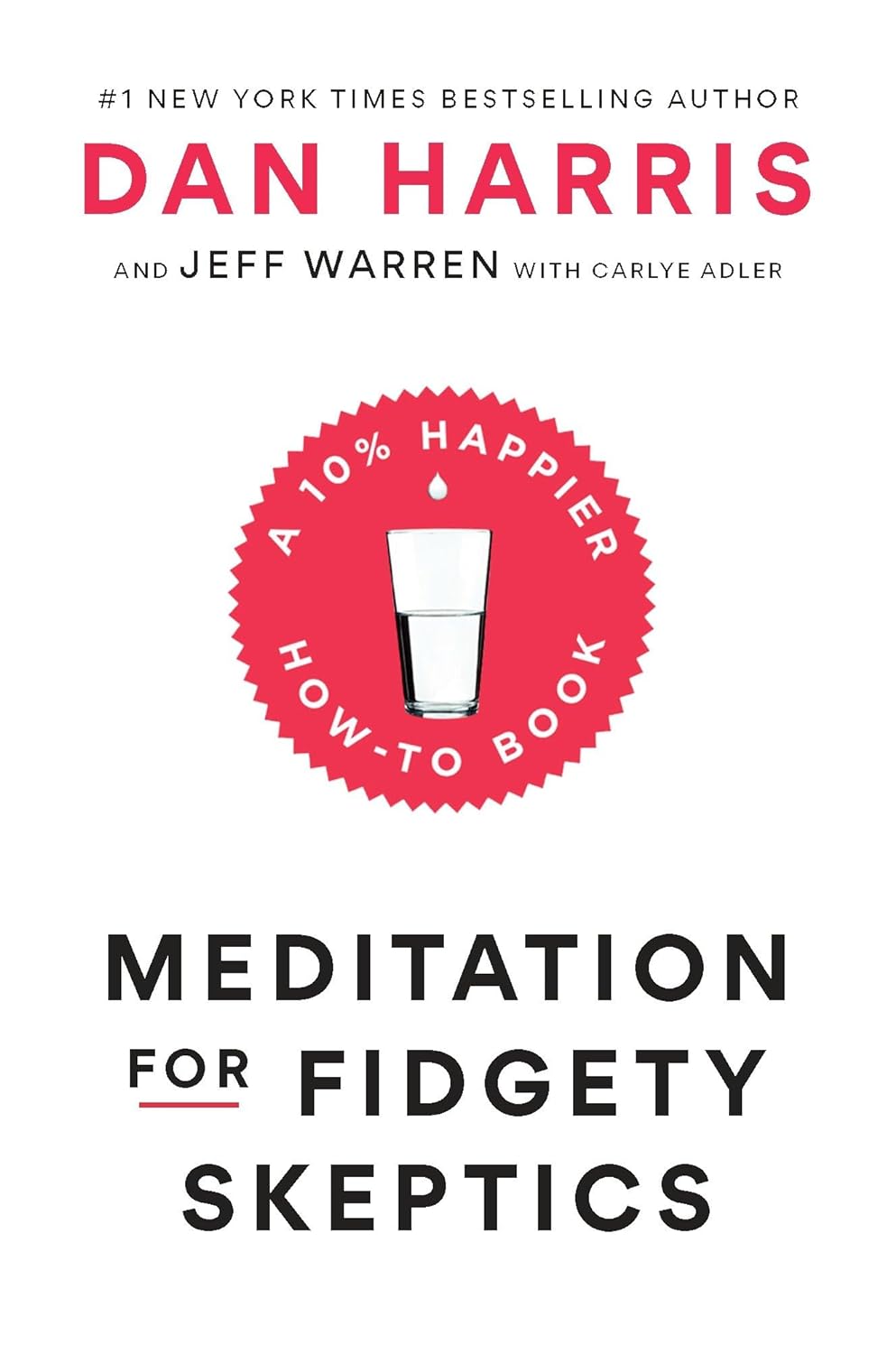
Meditation for Fidgety Skeptics – by Dan Harris
10almonds is reader-supported. We may, at no cost to you, receive a portion of sales if you purchase a product through a link in this article.
If you already meditate regularly, this book isn’t aimed at you (though you may learn a thing or two anyway—this reviewer, who has practiced meditation for the past 30 years, learned a thing!).
However, if you’re—as the title suggests—someone who hasn’t so far been inclined towards meditation, you could get the most out of this one. We’ll say more on this (obviously), but first, there’s one other group that may benefit from this book:
If you have already practiced meditation, and/or already understand and want its benefits, but never really made it stick as a habit.
Now, onto what you’ll get:
- A fair scientific overview of meditation as an increasingly evidence-based way to reduce stress and increase both happiness and productivity
- A good grounding in what meditation is and isn’t
- A how-to guide for building up a consistent meditation habit that won’t get kiboshed when you have a particularly hectic day—or a cold.
- An assortment of very common (and some less common) meditative practices to try
- Some great auxiliary tools to build cognitive restructuring into your meditation
We don’t usually cite other people’s reviews, but we love that one Amazon reviewer wrote:
❝I am 3 weeks into daily meditation practice, and I already notice that I am no longer constantly wishing for undercarriage rocket launchers while driving. I will always think your driving sucks, but I no longer wish you a violent death because of it. Yes, I live in Boston❞
Bottom line: if you’re not already meditating daily, this is definitely a book for you. And if you are, you may learn a thing or two anyway!
Click here to get your copy of Meditation For Fidgety Skeptics from Amazon today!
Don’t Forget…
Did you arrive here from our newsletter? Don’t forget to return to the email to continue learning!
Recommended
Learn to Age Gracefully
Join the 98k+ American women taking control of their health & aging with our 100% free (and fun!) daily emails:
-
Antihistamines for Runny Nose?
10almonds is reader-supported. We may, at no cost to you, receive a portion of sales if you purchase a product through a link in this article.
It’s Q&A Day at 10almonds!
Have a question or a request? We love to hear from you!
In cases where we’ve already covered something, we might link to what we wrote before, but will always be happy to revisit any of our topics again in the future too—there’s always more to say!
As ever: if the question/request can be answered briefly, we’ll do it here in our Q&A Thursday edition. If not, we’ll make a main feature of it shortly afterwards!
So, no question/request too big or small 😎
❝Do you have any articles about using Anti-Histamines? My nose seems to be running a lot. I don’t have a cold or any allergies that I know of. I tried a Nasal spray Astepro, but it doesn’t do much.?❞
Just for you, we wrote such an article yesterday in response to this question!
The Astepro that you tried, by the way, is a brand name of the azelastine we mentioned near the end, before we got to talking about systemic corticosteroids such as beclometasone dipropionate—this latter might help you if antihistamines haven’t, and if your doctor advises there’s no contraindication (for most people it is safe for there are exceptions, such as if you are immunocompromised and/or currently fighting some infection).
You can find more details on all this in yesterday’s article, which in case you missed it, can be found at:
Antihistamines’ Generation Gap: Are You Ready For Allergy Season?
Enjoy!
Share This Post
-
How To Manage Your Mood With Food (8 Ways)
10almonds is reader-supported. We may, at no cost to you, receive a portion of sales if you purchase a product through a link in this article.
It is hard to be mentally healthy for long without good diet. Food can not only affect our mood directly, but also indirectly because of how our brain works (or doesn’t, if we don’t have the right nutrients, or it is being sabotaged in some other dietary fashion).
Selecting the food for setting the mood
Mind, the mental health charity, have these advices to share (with some bonus notes of our own):
- Eat regularly: blood sugar peaks and troughs can heighten feelings of tiredness, irritability, or depression. Instead, enjoy foods that are high in energy but low in glycemic index, such as nuts, seeds, and oats—that way you’ll have plenty of energy, that lasts longer.
- Choose the right fats: omega-3 fatty acids are essential for the brain. So are omega-6 fatty acids, but it is rare to have a deficiency in omega-6, and indeed, many people have the ratio of omega-3 to omega-6 far too imbalanced in omega-6’s favor. So, focussing on getting more omega-3 fatty acids is important. Nuts and seeds are again great, as are avocados, eggs, and oily fish.
- Get a healthy amount of protein: and importantly, with a good mix of amino acids—so a variety of sources of protein is best. In particular, if you are vegan, paying attention to ensure you get a full spread of amino acids is critical, as not many plants have all the ones we need (soy does, though). The reason this is important for mood is because many of those amino acids double up as the building blocks of neurotransmitters, so they’re not entirely interchangeable.
- Stay hydrated: our bodies are famously made of mostly water, and our brain will not work well if it’s dehydrated. The human body can squeeze water out of almost anything that has water in it, but water from food (such as fruit, or soups) is best. If enjoying actual drinks, then herbal teas are excellent for hydration.
- Eat a rainbow of fruits and vegetables: these have many nutrients that are important for brain health, and the point of the colors is that most of those pigments are themselves nutrients. Additionally, the fiber content of fruits and vegetables is of topmost important for your heart, and as you’ll remember (we say it often, because it’s true): what’s good for your heart is good for your brain.
- Limit caffeine intake: for many people, excess caffeine can lead to feelings of anxiety, disrupt your sleep, and for everyone who has developed an addiction to it, it will cause withdrawal symptoms if stopped abruptly. Cutting back on caffeine, or even eliminating it, may improve your mood and sleep quality. Note, however, that if you have ADHD, then your brain’s physiological relationship with caffeine is a little different, and stimulants will be more beneficial (and less deleterious) for you than for most people. If unsure, speak with your doctor about this one.
- Support your gut health: because of the gut-brain axis (via the vagal nerve), and also because nearly all of our endogenous serotonin is made in the gut (along with other neurotransmitters/hormones), getting plenty of fiber is important, and probiotics can help too.
- Consider food intolerances: if you know you have one, then keep that in mind and tailor your diet accordingly. If you suspect you have one, seek a nutritionist’s help to find out for sure. These can affect many aspects of health, including mood, so should not be dismissed as a triviality.
For more on all of this, enjoy:
Click Here If The Embedded Video Doesn’t Load Automatically!
Want to learn more?
You might also like to read:
The 6 Pillars Of Nutritional Psychiatry
Take care!
Share This Post
-
Be Your Future Self Now – by Dr. Benjamin Hardy
10almonds is reader-supported. We may, at no cost to you, receive a portion of sales if you purchase a product through a link in this article.
Affirmations in the mirror are great and all, but they can only get you so far! And if you’re a regular reader of our newsletter, you probably know about the power of small daily habits adding up and compounding over time. So what does this book offer, that’s different?
“Be Your Future Self Now” beelines the route “from here to there”, with a sound psychological approach. On which note…
The book’s subtitle mentions “the science of intentional transformation”, and while Dr. Hardy is a psychologist, he’s an organizational psychologist (which doesn’t really pertain to this topic). It’s not a science-heavy book, but it is heavy on psychological rationality.
Where Dr. Hardy does bring psychology to bear, it’s in large part that! He teaches us how to overcome our biases that cause us to stumble blindly into the future… rather than intentfully creating our own future to step into. For example:
Most people (regardless of age!) acknowledge what a different person they were 10 years ago… but assume they’ll be basically the same person 10 years from now as they are today, just with changed circumstances.
Radical acceptance of the inevitability of change is the first step to taking control of that change.
That’s just one example, but there are many, and this is a book review not a book summary!
In short: if you’d like to take much more conscious control of the direction your life will take, this is a book for you.
Click here to get your copy of “Be Your Future Self Now” from Amazon!
Share This Post
Related Posts
-
Brain Food? The Eyes Have It!
10almonds is reader-supported. We may, at no cost to you, receive a portion of sales if you purchase a product through a link in this article.
Brain Food? The Eyes Have It!
This is Dr. Michael Greger, M.D. FACLM, of “Dr. Greger’s Daily Dozen” and “How Not To Die” fame, and he wants us to protect our brains (and while we’re at it, our eyesight).
And the secret is…
Lutein.
This is a carotenoid, which is super important for the eyes and brain. Not to be confused with carrots, which despite the name are usually not a good source of carotenoids!
They do however contain lots of beta-carotene, a form of vitamin A, but that (and the famous WW2-era myth born of deliberate disinformation by the British government) isn’t what we’re covering today.
We say “eyes and brain” but really, the eyes are just an extension of the brain in any case.
Pedantry aside, what Dr. Greger wants you to know about lutein is how important it is for the protection of your brain/eyes, both against cognitive decline and against age-related macular degeneration (the most common cause of eyesight loss in old age).
Important take-away info:
- Two things that hasten brain aging are inflammation and oxidative stress. Antioxidant and anti-inflammatory foods mitigate those.
- Researchers investigated eight different dietary antioxidants, including vitamins A and E. Only lutein was “significantly related to better cognition”.
- The macula in the middle of our retina is packed with lutein, and levels in the retina correspond to levels in the rest of our brain.
- Alzheimer’s patients have significantly less lutein in their eyes and in their blood, and a higher occurrence of macular degeneration.
- Dark green leafy vegetables are lutein superstars. A half cup of kale has 50 times more lutein than an egg.
Want to know more about the Dr. Greger’s Daily Dozen approach to health?
See the Website / Get the App (Android & iOS) / Get the Science Book / Get the Cookbook!
Don’t Forget…
Did you arrive here from our newsletter? Don’t forget to return to the email to continue learning!
Learn to Age Gracefully
Join the 98k+ American women taking control of their health & aging with our 100% free (and fun!) daily emails:
-
Powered by Plants – by Ocean Robbins & Nichole Dandrea-Russert
10almonds is reader-supported. We may, at no cost to you, receive a portion of sales if you purchase a product through a link in this article.
Of the two authors, the former is a professional public speaker, and the latter is a professional dietician. As a result, we get a book that is polished and well-presented, while actually having a core of good solid science (backed up with plenty of references).
There’s an introductory section that’s all about the “notable nutrients”, that will be focused on in the ingredients choices for the recipes in the rest of the book.
The recipes themselves are simple enough to do quickly, yet interesting enough that you’ll want to do them, and certainly they contain all the plant-based nutrient-density you might expect.
Bottom line: if you’d like to expand your plant-based cooking with a focus on nutrition and ease without sacrificing fun, then this is a great cookbook for that.
Click here to check out Powered by Plants, and get powered by plants!
Don’t Forget…
Did you arrive here from our newsletter? Don’t forget to return to the email to continue learning!
Learn to Age Gracefully
Join the 98k+ American women taking control of their health & aging with our 100% free (and fun!) daily emails:
-
The Counterintuitive Dos and Don’ts of Nail Health
10almonds is reader-supported. We may, at no cost to you, receive a portion of sales if you purchase a product through a link in this article.
It’s Q&A Day at 10almonds!
Have a question or a request? You can always hit “reply” to any of our emails, or use the feedback widget at the bottom!
In cases where we’ve already covered something, we might link to what we wrote before, but will always be happy to revisit any of our topics again in the future too—there’s always more to say!
As ever: if the question/request can be answered briefly, we’ll do it here in our Q&A Thursday edition. If not, we’ll make a main feature of it shortly afterwards!
So, no question/request too big or small
❝I take a vitamin supplement for strengthening my nails (particularly one of my big toes!) – but they are running out! What do you recommend for strengthening nails? What is/are the key ingredient(s)?❞
Vitamin-wise, biotin (vitamin B7) is an underrated and very important one. As a bonus, it’s really good for your hair too (hair and nails being made of fundamentally the same “stuff”. Because it has exceptionally low toxicity, it can be taken up to 10,000% of the NRV, so if shopping for supplements, a high biotin content is better than a low one.
A lot of products marketed as for “skin, hair, and nails” focus on vitamins A and E, which are good for the skin but aren’t so relevant for nails.
Nutritionally, getting plenty of protein (whatever form you normally take it is fine) is also important since keratin (as nails are made of) is a kind of protein.
Outside of nutritional factors, a few other considerations:
- Testosterone strengthens nails, and declining testosterone levels (as experienced by most men over the age of 45) can result in weaker nails. So for men over 45 especially, a diet that favors testosterone (think foods rich in magnesium and zinc) is good.
- Because estrogen doesn’t do for women’s nails what testosterone does for men’s nails, increasing our magnesium and zinc intake won’t help our nails (but it’s still good for other things, including energy levels in the day and good sleep at night, and most people are deficient in magnesium anyway)
- Those of us who enjoy painted nails would do well to let our nails go without polish sometimes, as it can dry them out. And, acrylic nails are truly ruinous to nail health, as are gel nails (the kind that use a UV lamp to harden them—which is also bad for the skin)
- When nails are brittle, it can be tempting to soak them to reduce their brittleness. However, this is actually counterproductive, as the water will leech nutrients from the nails, and by the time you’ve been out of the footbath (for example) for about an hour, your nails will bemore brittle than before you soaked them.
- Use a moisturizing lotion or nail-oil instead—bonus if it contains biotin, keratin, and/or other helpful nutrients.
- Keep yourself hydrated, too! Hydration that comes to your nails from the inside will deliver nutrients, rather than removing them.
About those supplements: we don’t sell them (or anything else) but for your convenience, here are some great ones (this writer takes pretty much the same, just a different brand because I’m in a different country):
Magnesium Gummies (600mg) & Biotin Gummies (10,000µg)
Enjoy!
❝I was wondering whether there were very simple, clear bullet points or instructions on things to be wary of in Yoga.❞
That’s quite a large topic, and not one that lends itself well to being conveyed in bullet points, but first we’ll share the article you sent us when sending this question:
Tips for Avoiding Yoga Injuries
…and next we’ll recommend the YouTube channel @livinleggings, whose videos we feature here from time to time. She (Liv) has a lot of good videos on problems/mistakes/injuries to avoid.
Here’s a great one to get you started:
! Don’t Forget…
Did you arrive here from our newsletter? Don’t forget to return to the email to continue learning!
Learn to Age Gracefully
Join the 98k+ American women taking control of their health & aging with our 100% free (and fun!) daily emails:

